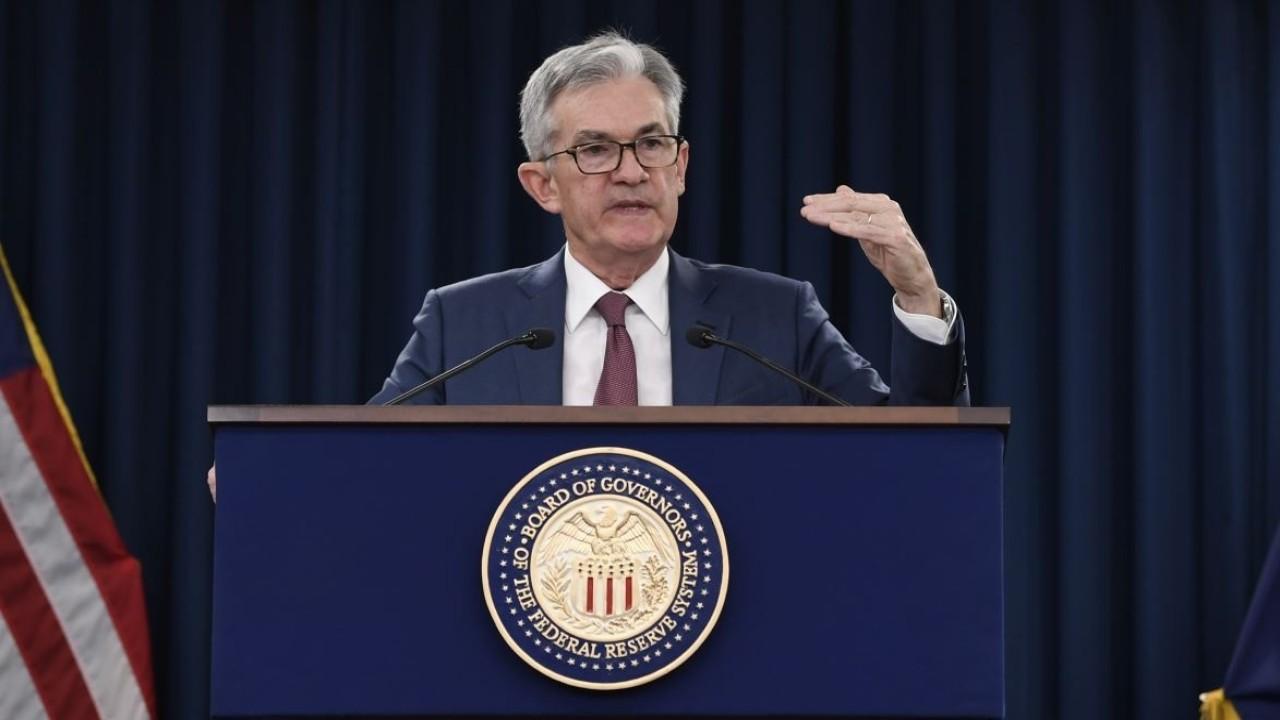U.S. clocks record deficit in October on pandemic spending
New fiscal year picks up where the old one left off
The monthly U.S. budget deficit reached $284 billion in October, a record for the month, as the government funneled cash to consumers and businesses struggling to weather the COVID-19 pandemic, according to senior Treasury Department officials.
It's a milestone that may further complicate efforts on another government relief bill, something economists have warned will be badly needed as a second wave of coronavirus infections tightens restrictions on businesses, potentially spurring more layoffs that leave workers struggling to pay for housing and food.
The stunning number also picks up where the government left off. October is the start of the new fiscal year. When the books on fiscal 2020 closed at the end of September the government racked up a full-year deficit of $3.132 trillion -- another record.
CLICK HERE TO READ MORE ON FOX BUSINESS
While the House of Representatives proposed $3.4 trillion of relief in a measure passed earlier this year, the GOP-led Senate balked at the price tag, with Majority Leader Mitch McConnell backing a narrower $500 billion package. Efforts by the Trump administration to broker a compromise before the Nov. 3 presidential election were unsuccessful.
Spending on unemployment benefits, Medicare and Medicaid all increased in October, the Treasury officials said. Labor Department spending alone climbed 26% amid increasing unemployment insurance claims and awarding of benefits established under the CARES Act, the government's first relief package.
JUNE DEFICIT REACHES $864 AS CORONAVIRUS EXACTS CRUSHING TOLL
While total expenses climbed 37% to $522 billion, income was down after the government received lower payments on individual income and Social Security taxes. Total receipts dropped 3% to $238 billion.
Before the latest data, the government's biggest shortfall in the month of October was $176 billion in 2009.
The U.S. posted a larger calendar-wide deficit of $864 billion in June, a shortfall that surpassed most annual gaps in the nation's history and topped April's gap of $738 billion.




















